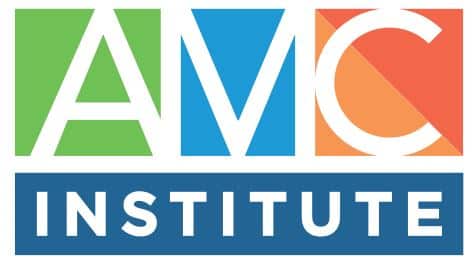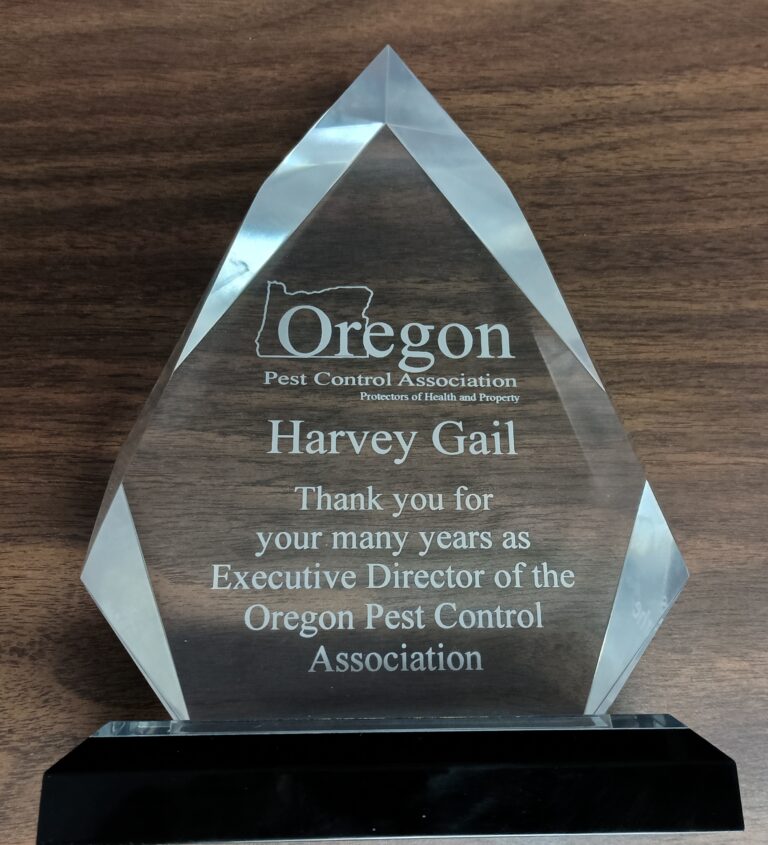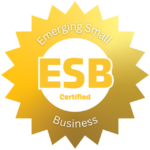If you were a soccer coach, how would you go about creating the perfect team? Would you take anyone who wanted to play, regardless of skill? Certainly not. Would you build a team entirely made up of goalies? The answer is no. A good team requires players with solid fundamentals as well as coaches, assistant coaches, and support staff with diverse skill sets that complement one another.
Now imagine that you’re developing a board of directors for your foundation or association. Should anyone be able to become a board member? Would you only have people representing the same type of business as members? The answers are also no. Unfortunately, many organizations approach recruiting members for a board this way. Often, board members end up on the election ballot simply because they reluctantly agreed to do it at the last minute before the ballot had to go out. Many times board members recruit friends, co-workers, or relatives to be on the board. While this may be easier to do, it’s ultimately not a healthy practice.
So, by not having a solid plan in place and not allowing enough time for the process, some organizations end up with leadership that does not work well together, does not have the right mix of skills, and doesn’t truly represent the interests of their fellow members. Another issue is a board can be made up of people who all think too much alike.
Business authors Harrison Coerver and Mary Byers, CAE, in their book Race for Relevance, argue that the selection of board members “should be guided by an understanding of what competencies will be needed to govern the association and direct it effectively into the future.” In other words, board members need to be selected strategically. The writers go on to say that while this practice may seem intuitive, “only a third of boards interview their board members before they come on.”
This isn’t meant to imply that boards are mostly “bad” or “incompetent.” Boards of directors can do fantastic work. However, creating a truly great board requires intentional decision-making. When creating a board or recruiting new board members, ask yourself: “What kind of skills is my board lacking?” “Does a certain board member complement the skills of someone else?” “How does this board member fit into the organization’s overall strategies?”
While this process can often be time-consuming and sometimes awkward, it’s ultimately going to be worth it. Your association members and stakeholders will look to your board members for leadership and guidance. Make sure they are the right fit for the job.








